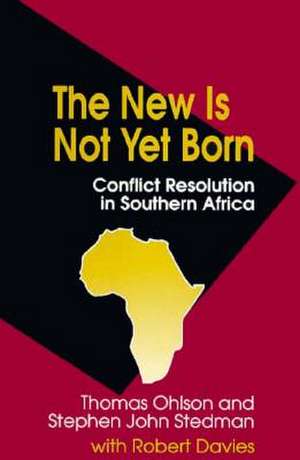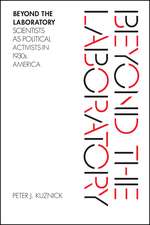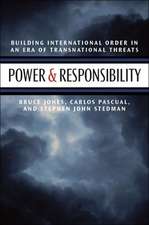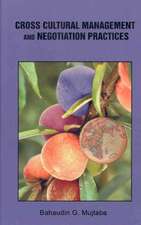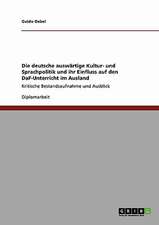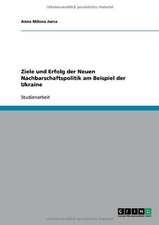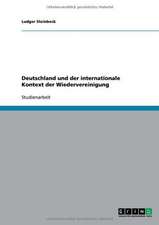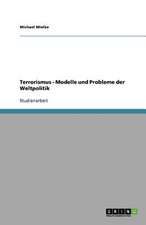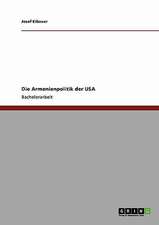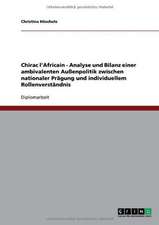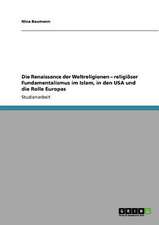The New Is Not Yet Born: Conflict Resolution in Southern Africa
Autor Thomas Ohlson, Stephen John Stedman Cu Robert Daviesen Limba Engleză Paperback – iul 1994
In April 1994, black and white South Africans voted for the first time for a nonracial government. This watershed election in the spring of '94 was one of many profound changes in Southern Africa, including independence in Namibia, democratic elections in Zambia, a peace agreement in Mozambique, and renewed civil war in Angola.
The authors explore the sources and dynamics of the political, economic, and diplomatic transformations that took place in Southern Africa. They recount how Southern Africa has long endured costly, violent domestic and interstate conflicts, often complicated and intensified by external interventions and interests. They also analyze the various attempts to resolve Southern Africa's conflicts. They suggest that the democratic transition in South Africa has opened the possibility to create a secure Southern Africa, but they also note that past conflict legacies and new unanticipated conflicts could stand in the way. The challenge ahead will be to create new institutions at the national and regional levels that can help political players resolve conflict without resorting to violence.
The authors explore the sources and dynamics of the political, economic, and diplomatic transformations that took place in Southern Africa. They recount how Southern Africa has long endured costly, violent domestic and interstate conflicts, often complicated and intensified by external interventions and interests. They also analyze the various attempts to resolve Southern Africa's conflicts. They suggest that the democratic transition in South Africa has opened the possibility to create a secure Southern Africa, but they also note that past conflict legacies and new unanticipated conflicts could stand in the way. The challenge ahead will be to create new institutions at the national and regional levels that can help political players resolve conflict without resorting to violence.
Preț: 204.29 lei
Nou
Puncte Express: 306
Preț estimativ în valută:
39.10€ • 41.08$ • 32.86£
39.10€ • 41.08$ • 32.86£
Carte tipărită la comandă
Livrare economică 11-25 martie
Preluare comenzi: 021 569.72.76
Specificații
ISBN-13: 9780815764519
ISBN-10: 0815764510
Pagini: 336
Dimensiuni: 152 x 229 x 23 mm
Greutate: 0.47 kg
Ediția:New.
Editura: Brookings Institution Press
Colecția Brookings Institution Press
ISBN-10: 0815764510
Pagini: 336
Dimensiuni: 152 x 229 x 23 mm
Greutate: 0.47 kg
Ediția:New.
Editura: Brookings Institution Press
Colecția Brookings Institution Press
Notă biografică
Thomas Ohlson is a research fellow in the Department of Peace and Conflict Research at Uppsala University in Sweden. Stephen John Stedman is a senior fellow at the Center for International Security and Cooperation at Stanford University
Descriere
In April 1994, black and white South Africans voted for the first time for a nonracial government. This watershed election in the spring of '94 was one of many profound changes in Southern Africa, including independence in Namibia, democratic elections in Zambia, a peace agreement in Mozambique, and renewed civil war in Angola.
The authors explore the sources and dynamics of the political, economic, and diplomatic transformations that took place in Southern Africa. They recount how Southern Africa has long endured costly, violent domestic and interstate conflicts, often complicated and intensified by external interventions and interests. They also analyze the various attempts to resolve Southern Africa's conflicts. They suggest that the democratic transition in South Africa has opened the possibility to create a secure Southern Africa, but they also note that past conflict legacies and new unanticipated conflicts could stand in the way. The challenge ahead will be to create new institutions at the national and regional levels that can help political players resolve conflict without resorting to violence.
The authors explore the sources and dynamics of the political, economic, and diplomatic transformations that took place in Southern Africa. They recount how Southern Africa has long endured costly, violent domestic and interstate conflicts, often complicated and intensified by external interventions and interests. They also analyze the various attempts to resolve Southern Africa's conflicts. They suggest that the democratic transition in South Africa has opened the possibility to create a secure Southern Africa, but they also note that past conflict legacies and new unanticipated conflicts could stand in the way. The challenge ahead will be to create new institutions at the national and regional levels that can help political players resolve conflict without resorting to violence.
